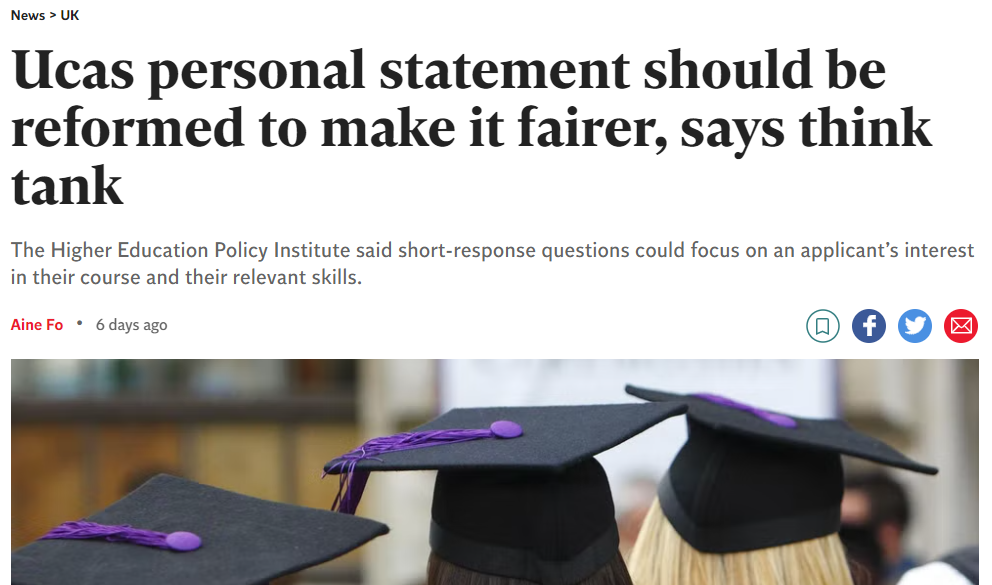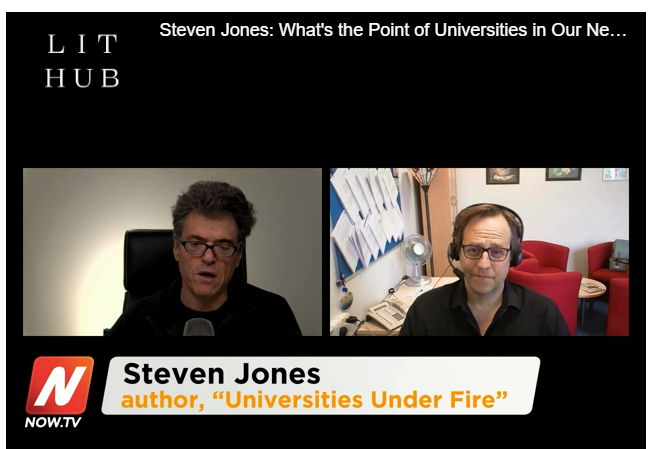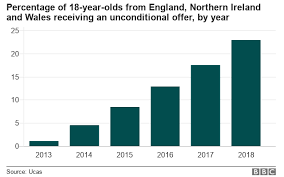A version of this blog appeared on WonkHE under the headline A manifesto for higher education from an academic perspective (09.06.24)

Debates about higher education policy have grown disconnected from frontline university staff. But academics in particular have something unique to bring to the table: first-hand experience of how day-to-day campus activities and cultures have been impacted by a programme of marketisation. Among our headline messages to any incoming government would be:
- We can’t teach students who don’t have enough to live on. Only a Mickey Mouse funding model would leave young people unable to cover the cost of basic essentials like food, rent and heating. Yet the typical student now gets by at barely £2 per week over the destitution line, 27% of universities operate a food bank, and a staggering 54% of our students say their academic performance is suffering as a result. Some institutions offer hardship funds, but a closer look at the data shows that, in real terms, less help than ever is available. Nothing dims a student’s love of learning like having to work multiple zero-hours jobs. An obvious and relatively inexpensive starting point for policy-makers would be raising the parental income threshold below which students are eligible for the maximum maintenance loan. This has been frozen at £25,000 since 2008 (when many of our current undergrads were still in nappies).
- Not everything we do needs to be measured. We all accept that universities should be fully accountable and transparent. However, in recent years the sector has been flooded with dubious ‘excellence’ frameworks and league table rankings. Many of these audits rely on the most tenuous of connections between available data and students’ day-to-day learning practices. For example, continuation and completion rates are assumed to reflect teaching quality, even though when a student drops out it is far more likely to be as a consequence of mental health issues or financial pressures than poor pedagogy. Similarly, graduate outcome data have been normalised as indicators of success even though they tell us much more about how society values and rewards different professions than what students actually gain from their higher education. These metrics are now routinely used against the sector to justify politically motivated attacks, such as crackdowns on ‘rip-off’ degrees and ‘low value’ institutions. Courses, departments, and even entire universities face closure on the back of apparent under-performance against methodologically bogus indicators. A return to professional trust would not only give academics more headspace to focus on teaching and research, it would free up institutional resources to better support those core activities.
- We need bold, new thinking about how universities are funded. It is unfair to expect that academics continue performing at ‘world-leading’ levels while facing perpetual job insecurity. Goodwill has run out. The current funding model has failed in most respects, but many of its proponents continue to dominate the debate, and there’s a worrying sense that a few tweaks here and there can make everything okay again. Many staff and students now want a fundamental discussion about the extent to which market logic is appropriate for universities. Since the introduction of higher fees, we have watched in dismay as budget holders have squandered money on glassy new buildings and excruciating social media recruitment drives, with little if any positive impact on our students’ learning. Plenty of alternative models remain under-explored, from a genuinely progressive graduate tax to levies on graduate employers. But we also need to keep asking why our higher education cannot be reclaimed as a public (and therefore mostly publicly funded) good, as it is in so many other societies.
- We need to change the ways that higher education – and our international students in particular – are talked about. The recent attempts to end the post-study work visa – dubbed the Deliveroo visa on the mistaken belief that it drives low wage immigration – encapsulates just how hostile some anti-university discourses have become. Not only are the attacks offensive to our hard-working, high-achieving international students, they are also economically illiterate: the current funding model can be made to work only if overseas student fees are set at a level that allows cross-subsidisation of pretty much everything else. Thanks in part to UK sector leaders finding their voice, the post-study work visa survived (albeit too late for the thousands of potential applicants that had already been put off from applying). A narrative that recognises our international students as human beings with dreams and hopes – and celebrates them accordingly – would make teaching them more enjoyable and over-charging them a little less unethical.
Despite being mismanaged and devalued in recent decades, higher education endures in the public imagination as a force for good, with almost all parents aspiring for their children to gain a degree. According to veracity indices, the proportion of Brits who trust university professors to tell the truth is 76% (compared with 51% for lawyers, 39% for bankers and 10% for government ministers). Any new administration would be well advised to place similar trust in academics, and work alongside them – not against them – to bring about the long-term stability that future generations of students deserve.














 The challenge for us is to articulate a confident and robust defence of all kinds of university teaching. We need to explain how our pedagogies bring lifelong gains both to our students and to wider society, even if initial encounters can be difficult and unsettling. Policy has taken us a long way down the market’s cul-de-sac, but what’s reassuring is that we’re now moving on from TEF-bashing towards a coherent counter-narrative. This event confirmed that universities have more meaningful things to crow about than their fleeting goldenness against a bunch of false proxies.
The challenge for us is to articulate a confident and robust defence of all kinds of university teaching. We need to explain how our pedagogies bring lifelong gains both to our students and to wider society, even if initial encounters can be difficult and unsettling. Policy has taken us a long way down the market’s cul-de-sac, but what’s reassuring is that we’re now moving on from TEF-bashing towards a coherent counter-narrative. This event confirmed that universities have more meaningful things to crow about than their fleeting goldenness against a bunch of false proxies.